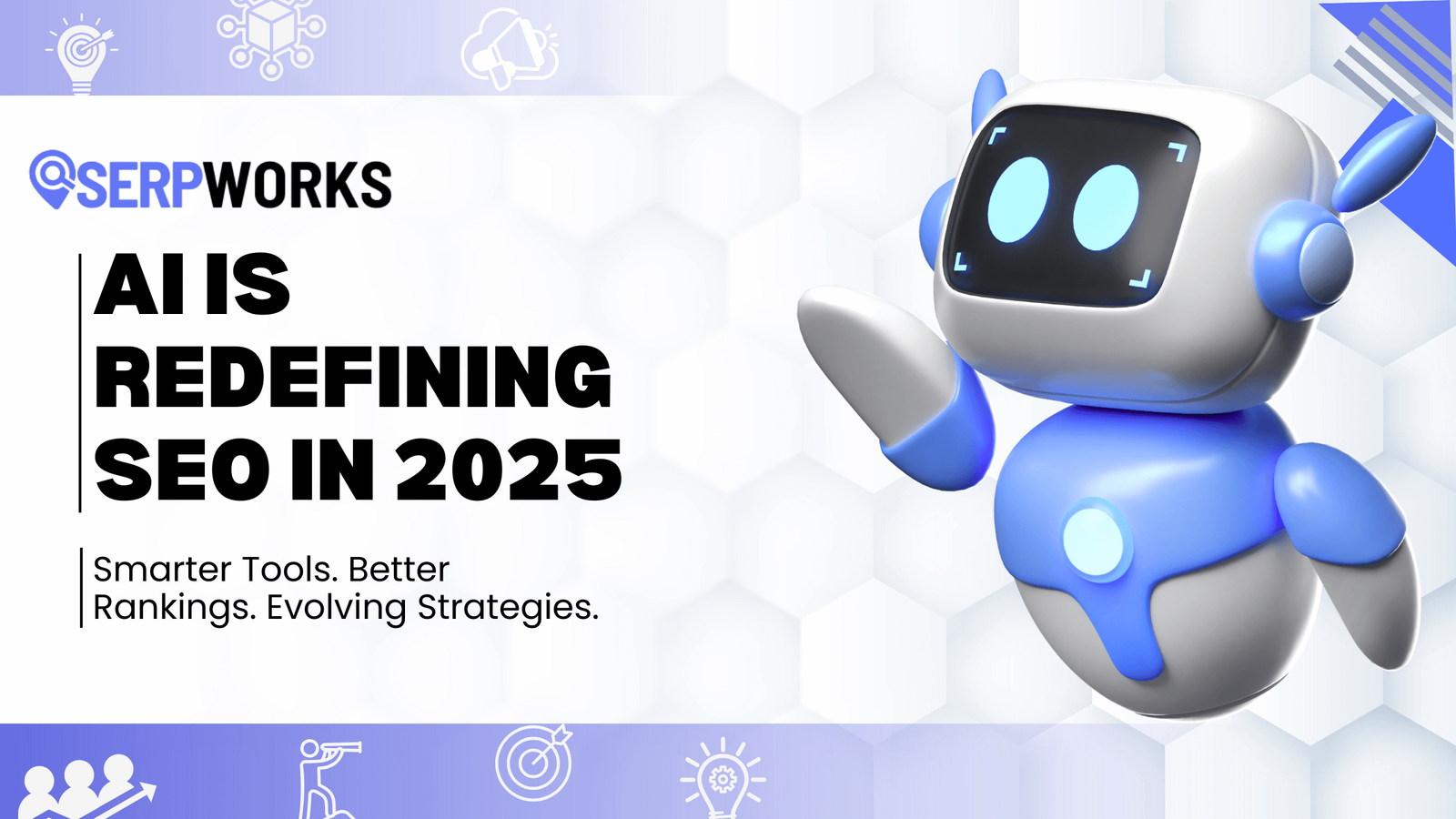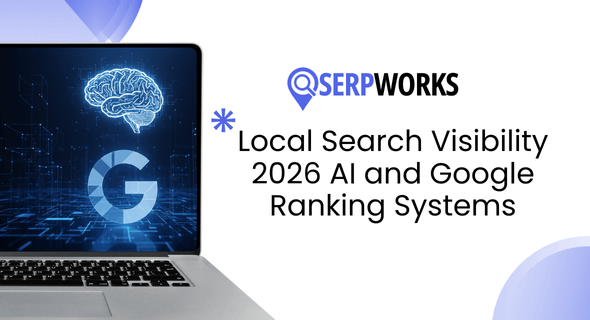
How AI is Transforming SEO in 2025
TL;DR (Too Long; Didn’t Read)
AI in SEO is no longer experimental; it’s now mission-critical. From smarter search algorithms to predictive content tools, artificial intelligence is reshaping how content is created, ranked, and consumed. With Google’s AI Overviews now live in over 100 countries and integrated directly into search results, the SEO landscape has shifted from keyword stuffing to intent-driven, AI-optimized content (TechCrunch, Oct 28, 2024).
Due to tools like ChatGPT, Surfer, and MarketMuse, brands in 2025 can create relevant, structured, and semantically rich content faster than ever before.
“We’ve moved from SEO for search engines to SEO for AI systems.” — Rand Fishkin, SEO Thought Leader
Those who adapt early gain a serious competitive edge, because now, it’s not about ranking for the algorithm; it’s about becoming the content AI chooses to serve.
AI in SEO enables precision, automation, and personalization. With machine learning, marketers analyze large datasets, uncover keyword gaps, and predict what users will search for next. These insights help align content with Google’s evolving ranking factors in 2025 while staying value-driven and human-focused.
AI-Powered Content Creation and Semantic SEO
The rise of AI SEO content creation tools like ChatGPT, Jasper, and Google's Gemini has revolutionized content marketing. These tools support semantic SEO by identifying related keywords, improving topical depth, and maintaining alignment with EEAT principles (Expertise, Experience, Authoritativeness, Trustworthiness).
“AI won’t replace writers, it’ll reward the best ones who know how to guide it.” — Neil Patel
But quality matters. Google’s March 2024 core update reinforced that low-value, automated content loss.
“Google’s March 2024 core update … involved refining some of our core ranking systems to help us better understand unhelpful content.” (Google Blog, Mar 2024)
AI SEO Trends to Watch in 2025
“Voice, visuals, and value, these 3 V’s define AI SEO in 2025.”
In May 2025, Perplexity processed over 780 million queries, signaling explosive growth in AI-first discovery channels. This rise in AI-native search behavior shows where user attention is shifting, from traditional search engines to assistant-style platforms built for direct, conversational results.
Are AI Tools Replacing SEO Jobs?
No, AI isn’t taking over SEO roles, it's reshaping them. AI handles repetitive, technical tasks while humans provide creativity, empathy, and strategic vision.
Today’s SEO professionals focus on:
“SEO is now less about optimization, more about orchestration.” — Aleyda Solis
Best AI SEO Tools in 2025
Looking to upgrade your toolkit? Here are the leading AI-powered tools transforming SEO:
Pro Tip: Use ChatGPT for zero-shot keyword clustering and schema generation — fast, accurate, and scalable.
Google’s algorithm in 2025 relies heavily on AI through RankBrain, BERT, and the Search Generative Experience (SGE). These systems:
To keep up, marketers must:
How to Optimize Content for Google and AI Chatbots
To rank across Google, ChatGPT, Gemini, and Perplexity:
Q: How can I rank in AI search engines?
Key Takeaway
Final Thoughts
In 2025, SEO is driven by artificial intelligence and humans. With AI-first tools, predictive analytics, and a shift toward assistant-preferred content, search visibility depends on how well you optimize for both humans and machines. If your content still focuses on stuffing keywords or chasing backlinks, it’s time to evolve.
“The future of SEO belongs to those who write for humans, and are understood by machines.” — SEO Strategist
Start now. AI SEO isn’t optional — it’s the future.
Tags

Get Started with Xilancer
Connect with top freelancers or showcase your skills to clients worldwide. Start your journey today and turn ideas into successful projects.
Join Free


Join as a freelancer or client
Join as a Freelancer
Join as a Client